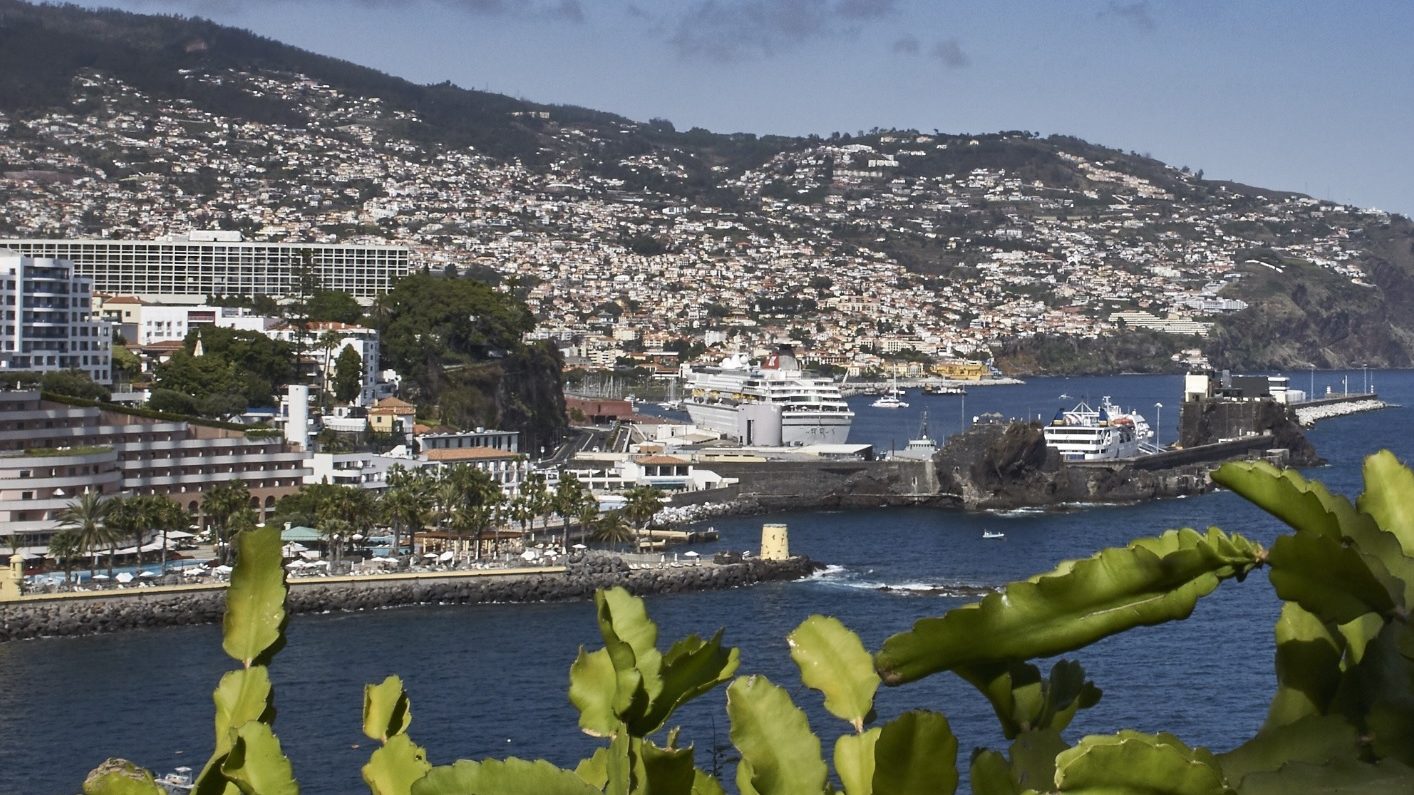Covid-19 vaccines to reach many by March
Researcher Óscar Felgueiras believes that if all goes well with the vaccination against the virus, there will be enough immunity in the population to avoid large increases in cases by March.
Researcher Óscar Felgueiras on Thursday said that if all goes well with the vaccination against Covid-19, there will be enough immunity in the population to avoid large increases in cases in Portugal by the end of March.
Felgueiras, from the Faculty of Sciences of the University of Porto, was answering questions from Portugal’s President Marcelo Rebelo de Sousa at the meeting in Infarmed, where experts and politicians analysed the situation of Covid-19 in Portugal.
At the end of the experts’ presentation, Marcelo Rebelo de Sousa praised the experts’ presentations, saying that they were exceptionally interesting and very instructive and asked several questions.
“From the projections, it seems that despite the evolution with positive signs there is a need for consolidation, given that in terms of hospitalisations, in terms of intensive care unit admissions, the peak is either still being reached or it has not reached its peak and it is not known what will come next,” De Sousa said.
The second doubt is more specific and relates to the fact that in the framework of the measures to be adopted as it is that they see the issue, particularly at times such as Christmas and the end of the year, of displacement or mobility of persons and how relevant this measure is.
Felgueiras began by saying that he is optimistic about the end of the year, but he said that this depends on whether or not the measures are eased” and on the Portuguese adhering to those measures to stop the spread.
In his view, the measures should not be relieved significantly, as there will be families gathering at Christmas and as presentations made at the meeting showed, this behaviour increases the likelihood of contagion.
“Inevitably, I expect an increase in the number of infections at the time of the holidays, that week between 23 [December] and the end of the year, and this is then reflected after 15 days (…) in the incidence of the disease,” Felgueiras said, predicting that there will be a rise in cases in early January.
But he said he hoped that it will not be too large and that it would be possible to control it at the same time as the vaccination begins.
“I think that if everything goes well when we get to the end of March we will have enough people immunised by vaccination enough to avoid large increases,” he said.
At that time, there will still be outbreaks and people have to continue to take protective measures, not least because there is no certainty that the vaccine prevents infection and transmission in asymptomatics, he warned.
He also said he hoped that the country would be close to a return to normality by the summer.
On the impact of restricting movements in certain counties over a period of time, in terms of the number of cases and reduction in incidence, he said he had difficulties in responding.
“It is not only us in Portugal who have difficulty linking particular measures and then how that is reflected in the decrease of cases, but it is clear that anything that contributes to reducing the number of contacts and the probability” of contagion contributes to maintaining control over the epidemic.
The Covid-19 pandemic has caused over 1.4 million deaths worldwide since December last year, including 4,724 in Portugal.


